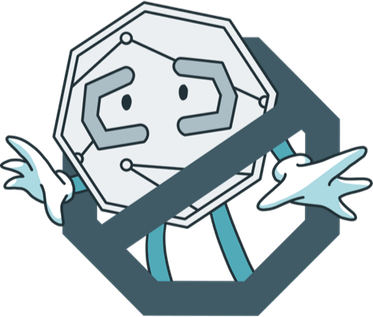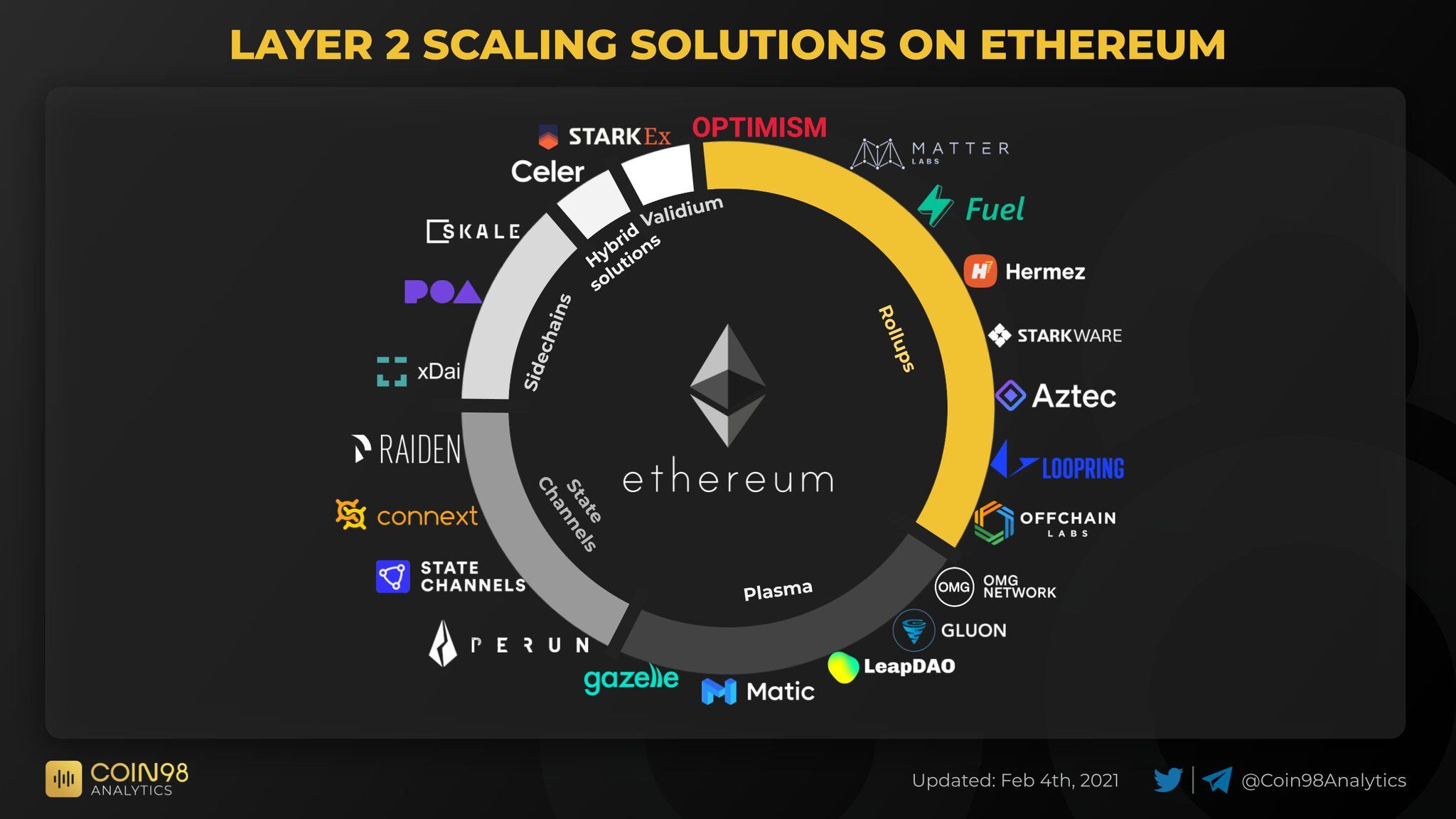
LayerZero’s native ZRO token has vastly outperformed the tokens of other projects including ZKsync and Starknet, which were airdropped around the same time.
A combo of aggressive Sybil filtering and laser-focus on prioritizing developers and “durable” users helped the price of LayerZero’s native token hold steady following its airdrop, claims LayerZero Labs’ CEO Bryan Pellegrino.
Pellegrino told Cointelegraph at Korea Blockchain Week that LayerZero did a lot of “very unique” things with its airdrop, including a “big Sybil hunt” that blocked bots and excessive farming in a bid to put its native ZRO (ZRO) tokens in the hands of the network’s most dedicated users.
“Our goal was to reward the real users, the people who are the most dedicated and durable users.”
The price of LayerZero’s native token, ZRO, stands in stark contrast to the tokens of Ethereum layer-2 network rivals Starknet (STRK) and ZKsync (ZK), which were also brought to market by airdrop in 2024.
Pellegrino said the top priority for any team conducting an airdrop is to “close the gap between expectations and reality,” adding that LayerZero worked hard to balance the scales.





